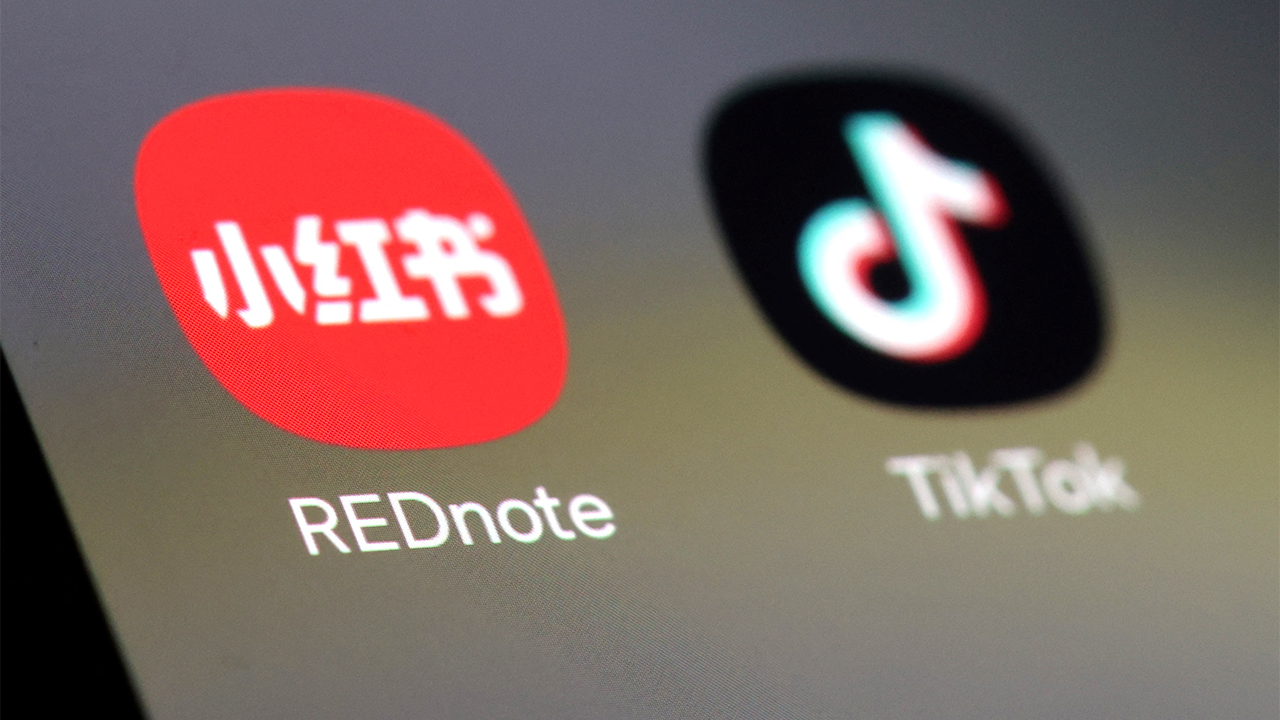For countless Americans, January 19, 2025, was a turning point. For social media influencers, it signified the abrupt end of their careers on TikTok. For teenagers and young adults, it marked the end of an era defined by online trends and digital stardom. The cause? A temporary ban on TikTok by the U.S. government, citing privacy and security concerns tied to the People’s Republic of China.
What the government failed to anticipate, however, was the public’s reaction. The ban unleashed a wave of desperation among users eager to find a TikTok replacement—so much so that many flocked to a lesser-known platform, despite its potential risks. According to WBST, by January 14, RedNote had become the most downloaded free app on the Apple and Google App Stores across the United States. Known in China as Xiaohongshu—a platform primarily popular among younger generations—RedNote quickly became a refuge for displaced TikTok users and influencers.
Millions joined the platform, posting and commenting about the ban while navigating a new digital landscape. Unexpectedly, the Chinese community on RedNote welcomed their American counterparts with open arms. New friendships blossomed across borders as users exchanged stories, shared cultural experiences, and even helped one another—Chinese students sought advice on their English homework, while Americans learned more about life in China. According to The New York Times, “Chinese users were also helping their new social media friends navigate China’s strict censorship. Don’t post any photos involving nudity or guns, they advised.”
Xiaohongshu translates directly to “Little Red Book,” a phrase laden with historical significance in Communist China. During Chairman Mao’s era, citizens were required to carry red booklets containing his sayings and teachings. This historical reference looms large, even as Xiaohongshu, the app, embodies a modern, globalized platform.
Privately owned by Xingyin Information Technology and headquartered in Shanghai, Xiaohongshu is led by billionaire entrepreneurs Charlwin Mao and Miranda Qu. Since its inception over a decade ago, the company has raised nearly $1 billion in funding from major investors like Alibaba, HongShan, and Tencent, according to Crunchbase.
The app’s onboarding process is quirky yet strategic: new users must pay a so-called “cat tax” by uploading a picture or video of a cat, proving they are human and not bots. After agreeing to the terms and conditions—written entirely in Mandarin—users gain access to a platform strikingly similar to TikTok, but with one major hurdle: the language barrier. For many, the difficulty of navigating Mandarin text and unfamiliar rules poses significant risks. By skipping translations or ignoring the fine print, users may unknowingly expose themselves to privacy breaches, hacking, or data exploitation.
These concerns have caught the attention of U.S. officials. CBS News reported that RedNote is now under scrutiny, with the government considering a ban similar to TikTok’s. “This appears to be the kind of app that the statute would apply to and could face the same restrictions as TikTok if it’s not divested,” a U.S. official told reporters.
According to CBS News, former President Trump, during his inauguration on January 20, 2025, vowed to restore TikTok, claiming a “soft spot” for the app. Yet for millions of Americans, the shift to RedNote feels irreversible. The platform has become more than just a TikTok alternative—it’s a digital sanctuary, a second home where users can reclaim their online identities.
For the U.S. government, RedNote represents another challenge in an already tumultuous political climate, adding to the mounting pressure of managing national security concerns. But for its users, the app stands as a symbol of resilience and adaptation—a modern-day “little red book” offering a glimmer of hope in a time of internet uncertainty.














